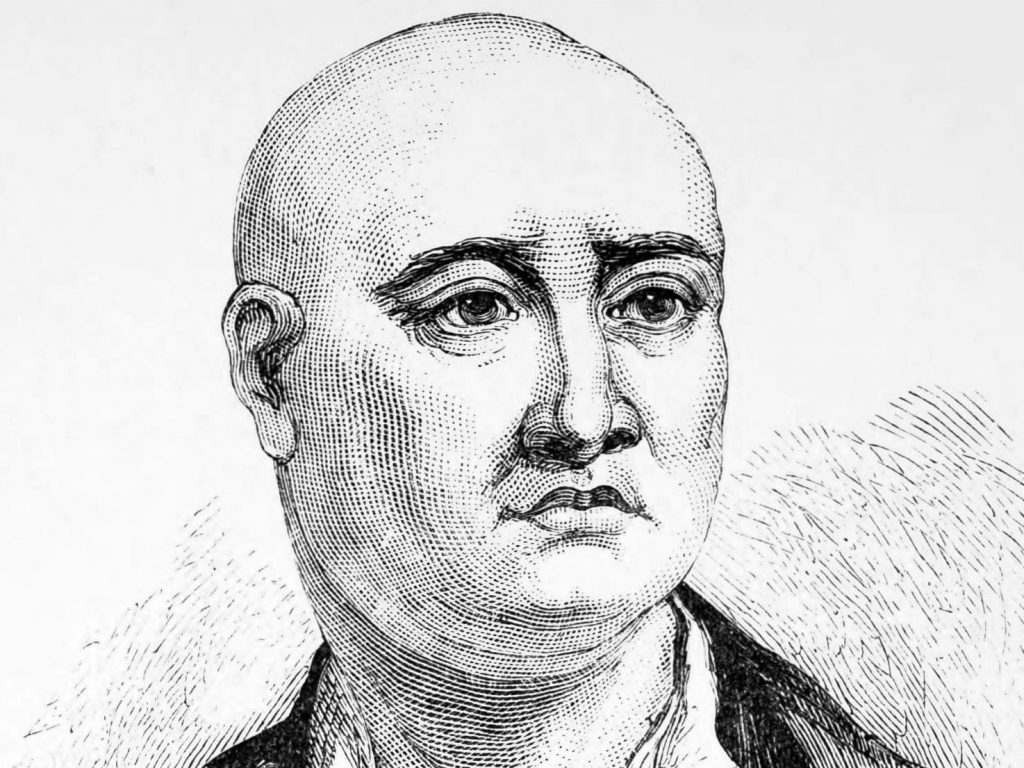Looking back on early boxing history
Following the Ancient Olympic Games era, it was in England that boxing was reborn in the 17th century.
Confirmed by popular newspaper of the time, The Protestant Mercury, the first recorded boxing match was held on January 6, 1681.
This crucial point in boxing history came about when Christopher Monck, the 2nd Duke of Albemarle (and later the Lieutenant Governor of the British colony in Jamaica) organised a bout between his butler and his butcher. The butcher emerged victorious.
Mr. Monck was a member of the House of Lords between 1670 and 1688 and is known as a pioneer of modern day boxing.
From then until the 19th century, boxing bouts took place in theatres, clubs, and amphitheatres, where the boxers fought for cash prizes. The spectators paid an entry fee to watch the fights and bet on the results before they took place. Promoters collected the best boxers and signed them to generate future profits at these events.
The first well-known English bare-knuckle champion was James Figg, who in 1719 won the national title at the age of 35. He taught boxing, fencing, and pole weapons called quarterstaff in his own school on Tottenham Court Road in London. Figg remained champion in England for the next 11 years until 1730 and defeated an Irishman that year in one of the first ever international fights. In 270 recorded boxing bouts, Figg lost only once – against Ned Sutton. Their first encounter was won by Figg in 1725 before Sutton claimed revenge in 1727.
Figg was looking for new talents throughout England and brought promising Bristolian Jack Broughton to his own amphitheatre in London to train him. Broughton defeated one of Figg’s other pupils George Stevenson in 1741 and Stevenson tragically died after the fight. With the support of wealthy patrons, Broughton would later go on to open his own amphitheatre near Oxford Street in 1743 and staged boxing exhibitions and matches.
Following these first official bouts and Stevenson’s death, champion Broughton, who is acknowledged by many as ‘the Father of Boxing’, tried to protect the boxers with his new rules in 1743. ‘Broughton’s Rules’ were regarded as definitive for nearly 100 years until they were replaced in 1838 by the London Prize Rules. Broughton’s Rules decreed that a round will end once one of the boxers went to the floor; prompting a 30-second break until the resumption. By the 1740s, Broughton had also invented a form of padded glove for boxers to use in training. Then, at the grand old age of 63 in 1767, Broughton won his final fight in Lambeth.
Broughton’s Rules were replaced by the London Prize Ring Rules, which were officially codified in 1838 and defined ‘fouls’ and the size of the ring, among other things. Some of the rules were based on Broughton’s but new elements were also added. Most of the fights were still bare-knuckle but headbutting, gouging, kicking, holding the ropes and hitting a man while down were now all outlawed. The London Prize Ring Rules contained measures which are still effective in professional boxing today. They were revised in 1853, when 29 amendments were made.
One of the top boxers of that period, Owen Swift, was a powerful man and his fights ended in the deaths of no fewer than three opponents. These tragedies helped prompt the introduction of the London Prize Ring Rules. Swift went on to become successful in various events in France in the late 1830s. Another name to note from the London Prize Ring Rules era is 1839 heavyweight champion William Abednego Thompson, who was inducted to the International Boxing Hall of Fame in 1991.
Famous American fighter John Lawrence Sullivan was the last boxer to win a world title under the London Prize Ring Rules when he defeated Irish-American Paddy Ryan in 1882. He defended his throne under these rules until 1889 when he faced compatriot Jake Kilrain. Boston’s Sullivan was the first superstar in boxing and the highest paid athlete of his era across all sports.
If you like this, try some of our other fascinating reads on boxing history:
Just how old is the sport of boxing?
HÖRFA are proud sponsors of British Boxing News

